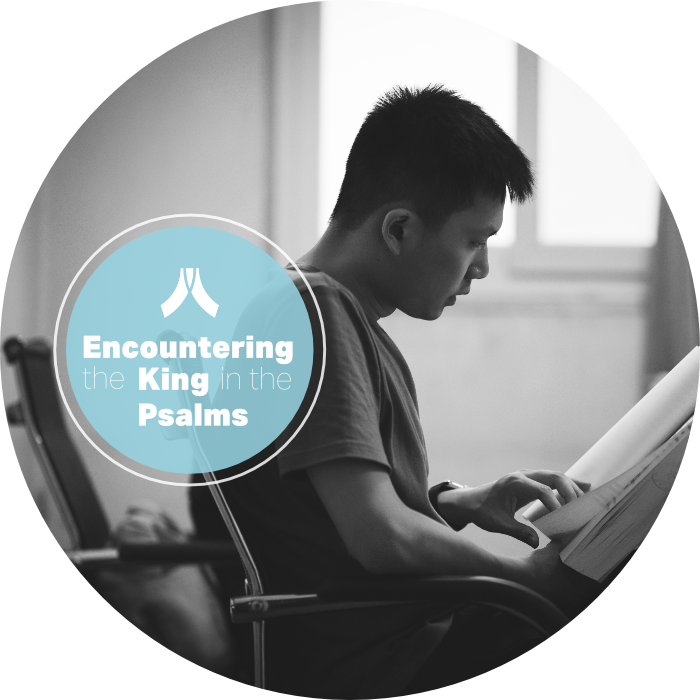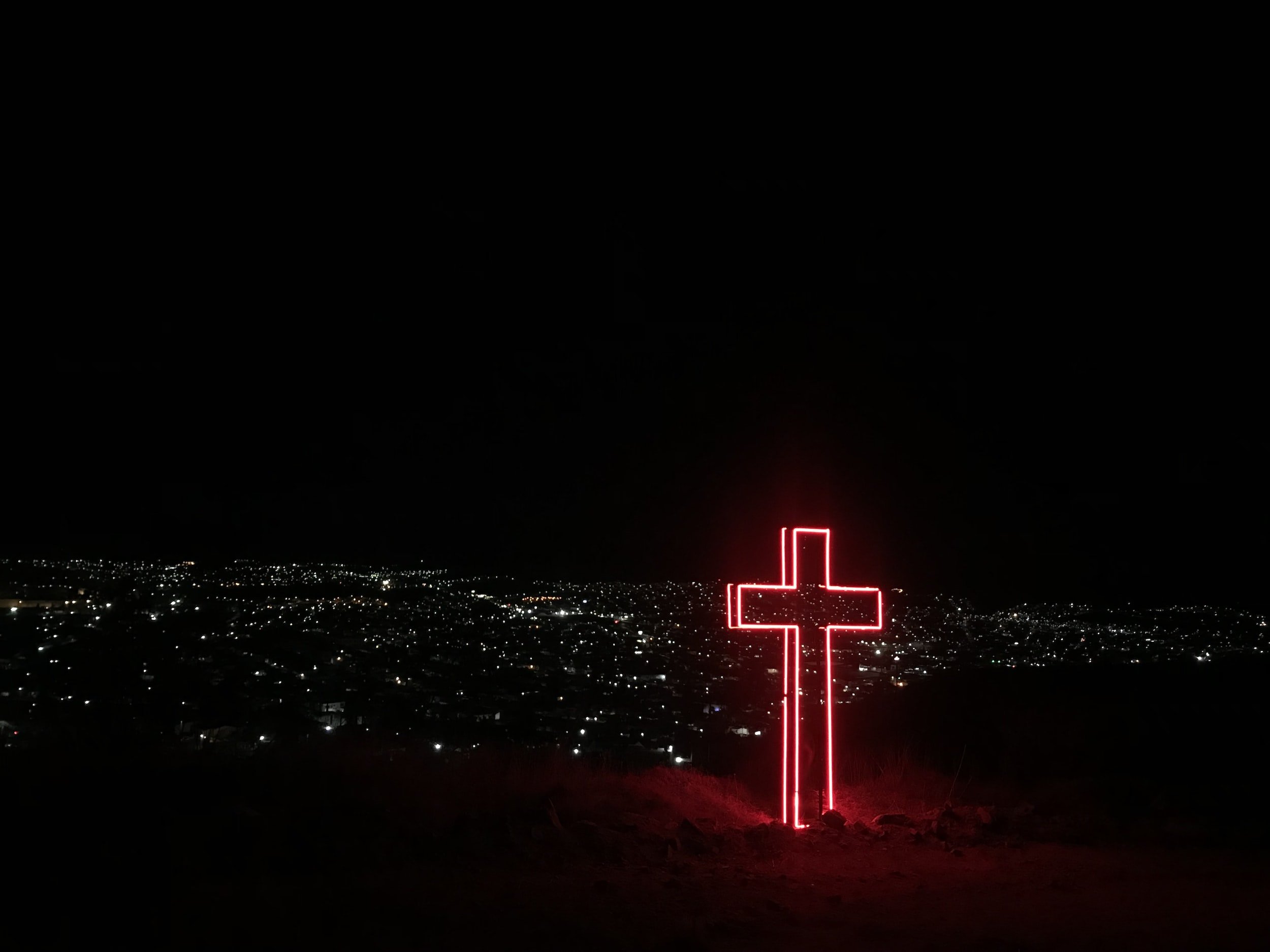
Psalm 15
1 O Lord, who shall sojourn in your tent?
Who shall dwell on your holy hill?
2 He who walks blamelessly and does what is right
and speaks truth in his heart;
3 who does not slander with his tongue
and does no evil to his neighbor,
nor takes up a reproach against his friend;
Never miss a story
4 in whose eyes a vile person is despised,
but who honors those who fear the Lord;
who swears to his own hurt and does not change;
5 who does not put out his money at interest
and does not take a bribe against the innocent.
He who does these things shall never be moved.
God’s ultimate purpose in saving the people of Israel from Egypt was not to lead them into Canaan, but to lead them into free worship. When God commanded Moses to ask Pharaoh to lead the Israelites out of Egypt, God told Moses to say: “Let my people go, that they may hold a feast to me in the wilderness.” The bargaining between Pharaoh and Moses also focused on worship. The exodus from Egypt happened because of worship. In Egypt, the Israelites could not freely worship, so they had to come out of Egypt. After entering the wilderness of Sinai, God taught Israel a clear and complete system of worship, centered on the tabernacle. The tabernacle showed that God was with man, himself reigning as king.
>
”David was asking: Who is worthy to dwell with you? Lord, with what kind of people will you dwell?”
Psalm 15 begins with the tabernacle as David, the psalmist, asks: “O LORD, who shall sojourn in your tent? Who shall dwell on your holy hill?” Dwelling in the Lord’s tabernacle is no ordinary thing, for God dwells in both the tabernacle and on the holy mountain. If humans dwelt in the tabernacle, that paints an image of God dwelling with man. David was asking: Who is worthy to dwell with you? Lord, with what kind of people will you dwell?
A Glimpse of the Kingdom of Heaven
From the beginning of Genesis, God intended to dwell with man. The Garden of Eden before the fall of man shows this. In Eden, God dwelt with Adam and Eve, his perfect creation. Humans bore God’s image and likeness, worshiped the God who made them, and reflected his glory. Sin’s entrance into the world forever separated God and sinners, making them into enemies. Enmity against God is the essence of impurity and evil, and sinners are hopelessly trapped in this state. Therefore, the essence of God’s plan of salvation, beginning in Genesis 3, is to restore that perfect picture when God dwelt with man. The tabernacle, the Holy of Holies, and the temple were all set up for this purpose.
In Psalm 15, David asks: “O LORD, who shall sojourn in your tent? Who shall dwell on your holy hill?” External sacrifices could not permanently take away man’s sins and bring him back to God, nor allow him to please God. The high priest entered the Most Holy Place every year on the Day of Atonement to make atonement for the sins of the people – but that offering only temporarily and symbolically appeased God for the forgiveness of sins. Mankind needed an ultimate and complete salvation so that the true picture of Emmanuel, God with us, could be accomplished.
>
”“Humans cannot voluntarily come to the tabernacle to dwell with God, nor can humans voluntarily dwell on the Lord’s holy mountain. God himself has taken the initiative to humble himself and dwell with us.”
Jesus Christ was born for this purpose. The song “Joy to the World,” which says God and man can now be reconciled, depicts the beautiful picture of the gospel of Christ. Through Immanuel, God became flesh. The gospel answers David’s question: humans cannot voluntarily come to the tabernacle to dwell with God, nor can humans voluntarily dwell on the Lord’s holy mountain. God himself has taken the initiative to humble himself and dwell with us. Through Christ’s salvation, we believe that, at the end of time, we will enter the tabernacle of God on earth, as stated in the book of Revelation. In the new heavens and new earth, everything is newly created, everything returns to the original perfect creation under God’s care, and God and man will dwell together. That is the kingdom of heaven. In the kingdom of heaven, God is king, his people are the nation, his law is the rule, and he rules by virtue of his supreme sovereignty. David is asking: “How can this kingdom come to be? Who is worthy to be a citizen of the kingdom of heaven and dwell in God’s presence?
The People of the Kingdom of Heaven
Athanasius said, “If you wish to know what sort of person is a citizen of the kingdom of heaven, sing Psalm 15.” In five verses, Psalm 15 lists at least ten virtues for the people of heaven. However, the requirements for people of the kingdom go far beyond these ten. If we look at Psalm 15 as a single law, our reading will be fragmented. Verse 2 is a general description of qualifications of a heavenly people, while verses 3-5 give a number of detailed descriptions. Let’s focus on verse 2: “He who walks blamelessly and does what is right and speaks truth in his heart.” This is righteousness. Who can dwell with the people of the kingdom? The righteous! To meet God’s standard, one must not only have outward performance, but also the ability to live up to God’s law in the heart. The tragedy is there is no one righteous, not even one. There is no real-world answer to David’s question – unless God’s righteousness is revealed outside the law!
Romans 3:21-25 gives just such a hope: God’s righteousness is wed forever to all who believe, by faith, in Jesus Christ. Who “walks blamelessly and does what is right and speaks truth in his heart”? Who is truly and completely righteous? Jesus Christ, who came into the world as a man! “Who can dwell in your tent, O LORD? Who can dwell in your holy mountain?” In the gospel we find the answer: those who, through faith in Christ, bear his righteousness. Christ “walks blamelessly and does what is right and speaks truth in his heart.” By believing in him and bearing his righteousness, Christ’s disciples are able to live with God and become the people of the kingdom of heaven! Thanks be to God!
>
”“The kingdom of heaven has been here since Jesus’s incarnation… Psalm 15 should reflect every church member, and the culture of Psalm 15 should become the culture of the church. ”
The Culture of the Kingdom of Heaven
Finally, we meditate on the culture of the kingdom of heaven. With a few simple strokes, verses 3-5 outline a culture shaped by the people of the kingdom of heaven. This culture is diametrically opposed to today’s world. In a world tainted by sin, the culture of the kingdom is a counter-culture. While the world pursues deceit, the kingdom of heaven pursues righteousness; while the world pursues profit, the kingdom of heaven pursues honesty; and while the culture of the world pursues selfishness, kingdom culture pursues self-sacrifice.
Finally, we must ask: Where is the kingdom of heaven? Will the kingdom and the culture of the kingdom remain unrealized until Christ’s second coming? No! The kingdom of heaven has been here since Jesus’s incarnation. The church is part of the kingdom of heaven in these gradually unfolding end times. When Christ gave the keys of the kingdom of heaven to the church, he gave her the authority to guard the gates of heaven. The church is the embassy and outpost of the kingdom of heaven, a part of the territory of heaven. Members of the church are ambassadors of the kingdom. Psalm 15 should reflect every church member, and the culture of Psalm 15 should become the culture of the church. Pray that we might live as the people of the kingdom on earth, committing and covenanting with one another in the church, and becoming a resounding witness of the gospel in this world.
Boaz Yang grew up in China. He is a graduate of Southern Baptist Theological Seminary, and leads a local church in Houston, Texas.

We are using the Psalms to guide our prayers for China
In 2022, our prayer movement is turning to the scriptural prayers found in the Psalms as we pray for the Chinese church. When you join our prayer movement, you will receive weekly prayer emails and a monthly newsletter so that you too can pray for our brothers and sisters in China.
>
”Whatever it is, the way you tell your story online can make all the difference.”
>
”Whatever it is, the way you tell your story online can make all the difference.”



































